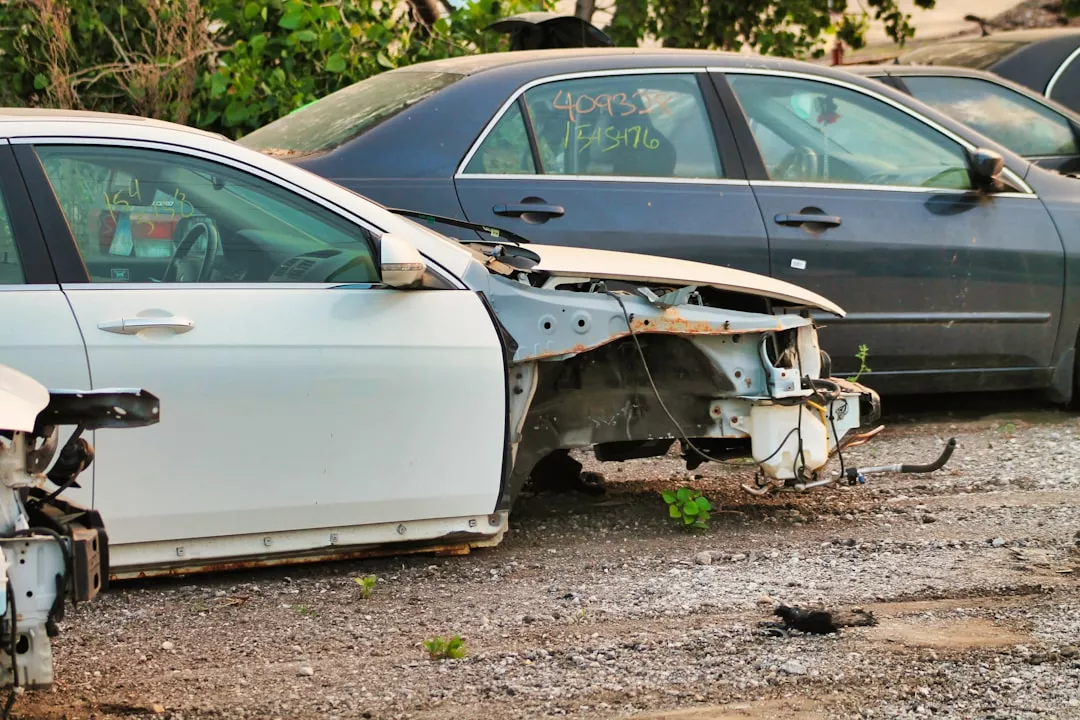Forming journalists is a crucial aspect of the media industry. It is not just about teaching them how to write a good article or conduct an interview, but also about instilling in them the values of integrity, accuracy, and responsibility. In today’s world, where fake news and biased reporting are rampant, the need for well-trained and ethical journalists is more important than ever. This is where workshops like the investigative journalism workshop “Ndrangheta stereotypes and reality” come into play.
Organized by renowned journalist Claudio La Camera, this workshop aims to train aspiring journalists in the art of investigative reporting. La Camera, who has been a journalist for over 20 years and has covered some of the most high-profile cases in Italy, believes that investigative journalism is the backbone of a healthy democracy. He says, “Investigative journalism is not just about uncovering scandals or exposing corruption, it is about giving a voice to the voiceless and holding those in power accountable.”
The workshop, which was held in the beautiful city of Rome, brought together a diverse group of aspiring journalists from different parts of the country. The participants were selected based on their passion for journalism and their desire to make a positive impact through their work. The workshop was divided into different sessions, each focusing on a specific aspect of investigative journalism.
One of the most eye-opening sessions was on the topic of “Ndrangheta stereotypes and reality.” For those who are not familiar, Ndrangheta is a powerful and notorious mafia organization based in Calabria, Italy. The organization has been involved in various illegal activities, including drug trafficking, money laundering, and extortion. However, as La Camera pointed out, the media often portrays Ndrangheta in a stereotypical manner, which does not reflect the reality on the ground.
During the session, La Camera shared his experiences of covering Ndrangheta-related cases and how he had to dig deep to uncover the truth. He also emphasized the importance of avoiding sensationalism and sticking to the facts while reporting on such sensitive issues. The participants were also given a chance to interact with a former member of Ndrangheta, who shared his insights on the inner workings of the organization and how it has evolved over the years.
The workshop also included practical exercises, where the participants were given a mock case of a journalist being “indagato” (investigated) for publishing an article on Ndrangheta. They had to work together to gather evidence, conduct interviews, and write a follow-up article. This exercise not only tested their investigative skills but also taught them the importance of teamwork and collaboration in journalism.
Another highlight of the workshop was a session on “sequestro processo” (seized process), where the participants learned about the legal aspects of investigative journalism. They were given insights into the laws and regulations that govern the media industry and how to navigate through them while conducting an investigation. This session was particularly helpful for those who were not familiar with the legal side of journalism.
The workshop concluded with a panel discussion, where La Camera and other experienced journalists shared their tips and advice on how to excel in investigative journalism. They also stressed the importance of ethical reporting and the impact it can have on society. The participants left the workshop feeling inspired and motivated to use their skills for the greater good.
In a world where journalism is often criticized for its lack of credibility, workshops like this one give hope for a better future. The participants not only learned the technical aspects of investigative reporting but also imbibed the values of responsible and ethical journalism. As Claudio La Camera says, “Journalism is a powerful tool, and it is our responsibility to use it wisely.” With workshops like this, we can hope to see a new generation of journalists who will uphold these values and make a positive impact on society.
popular
“Building Ethical Journalists: The Foundation of the Media Industry”

